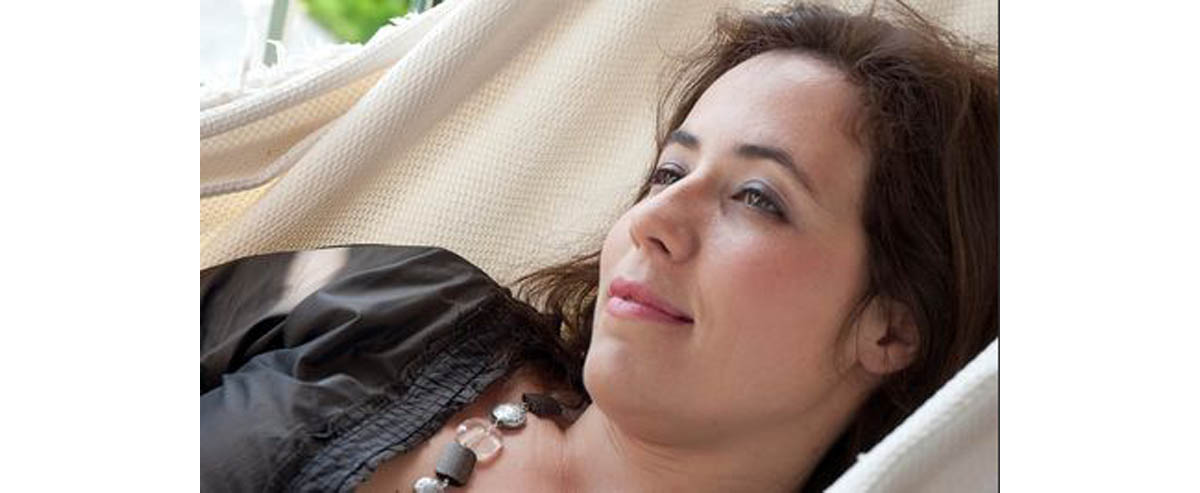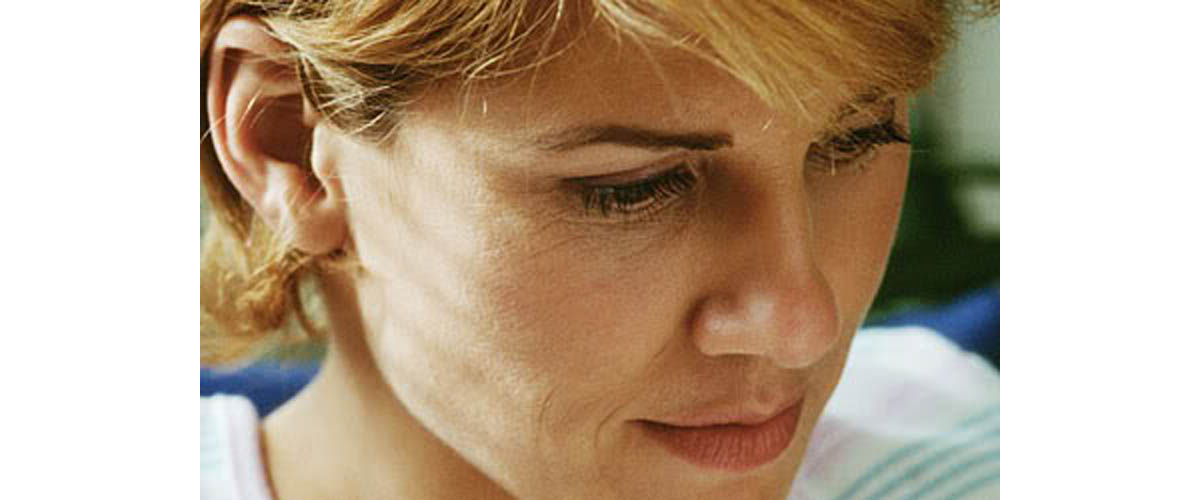Menopause
Menopause refers to the changes experienced by a woman just before or after the stop of her menstruation which marks the end of her reproductive period. Menopause is a normal condition which is experienced by all women as a sign of aging. Menopause happens when the ovaries stop releasing eggs at the end of every month. Natural menopause typically happens in three stages: perimenopause, menopause, and post menopause.

The perimenopause phase begins a couple of years prior to the menopause and this phase is characterized by the production of less estrogen by the ovaries.
The menopause stage is the point when the woman has not had her menstrual period for a year and the ovaries have stopped releasing eggs. The post-menopausal phase is the time after the menopause and this phase marks the easing of menopausal symptoms.
Symptoms of Menopause
Some common symptoms of menopause are listed below:
- Hot Flashes: Hot flashes are one of the most common symptoms experienced by women in their perimenopausal, menopausal, and post menopausal phases. Hot flashes can be defined as a sudden feeling of warmth experienced by women in their upper body. It is a momentary sensation of heat that is often accompanied by blushing and sweating. Hot flashes frequently occur at night and tend to interfere with the sleeping pattern.
- Irregular or missed periods
- Fatigue
- Mood swings and irritability
- Depression
- Insomnia
- Changes in libido
- Vaginal dryness
Preventing Hot Flashes
The duration and severity of hot flashes varies from one woman to the other. Hot flashes tend to become less severe with the passage of time. Although it is impossible to avoid hot flashes altogether, there are certain triggers for hot flashes that can be avoided. These triggers for hot flashes include:
- Caffeine
- Spicy foods
- Cigarette smoking
- Stress
- Alcohol
- Heat
Other options for keeping the hot flashes at bay include staying cool by keeping fans on during the day and wearing light cotton clothes at night. Breathing exercises such as slow abdominal breathing with about 6-8 breaths per minute in the morning and in the evening help in controlling hot flashes.
A recent study conducted by researchers in Hong Kong has shown that a Chinese herbal mixture can halve the number of hot flashes experienced by menopausal women. The study was conducted by Prof Yao Tong at the University of Hong Kong and the results were published in the Journal of the North American Menopause Society.
EXD For Reducing Hot Flashes In Menopausal Women
As per the study, the frequency of daily hot flashes dropped by about 62 percent in women who took a Chinese herbal mix called Er-xian decoction, commonly known as EXD. EXD comprises compounds that are extracted from the roots, leaves, and stems of six different Chinese herbs. These compounds were processed into granules and then packaged in sachets for making into a tea.

As part of the study, 101 women in their 40s and 50s who were either nearing menopause or exhibiting symptoms of menopause were asked to drink the herbal concoction twice a day for 12 weeks. Half of the sample population were given a 15 gram dosage of EXD whereas the other half were made to drink a fake remedy comprising tea, caramel, and a herbal compound called gardenin.
The women were asked to register their hot flashes from two weeks prior to the administering of the dosage. The ones who were in the EXD group had reported about 5.8 hot flashes per day before the dosage and those in the other group had reported 5 hot flashes per day. After the treatment, it was found that the EXD group reported 2.2 hot flashes per day whereas the other group reported 2.5 hot flashes per day. Three months after the study, the EXD group still reported 2.2 hot flashes a day whereas the placebo group reported 2.9 hot flashes per day.
Key findings of the Study
The key findings of the study are summarized below:
- The EXD group reported a decrease in the frequency of hot flashes.
- There was a continuous reduction in the frequency of hot flashes even after three months of receiving the treatment.
- The EXD group reported a significant decline in the severity of hot flashes.
- There was a significant improvement in the quality of life scores reported by the EXD group.
- The EXD group reported stable serum hormone levels.
The main conclusion of the study was that the herbal EXD concoction is superior to placebo in the overall reduction in frequency and severity of hot flashes and has been successful in improving the menopausal symptoms in perimenopausal women. The EXD concoction was well tolerated by the sample population and there were no serious adverse events observed during the study.
Other Natural Supplements for Hot Flashes
Other natural supplements that have been found to be effective in treating hot flashes are listed below:
- Soy: Soy is rich in plant estrogens and is known to be effective in reducing the menopausal symptoms. Soy is typically prescribed in the form of tofu and soy milk and is also known to lower cholesterol.
- Flaxseed: Flaxseed, which is rich in omega-3 fatty acids and lignans, helps in reducing menopausal symptoms, particularly night sweats. Flaxseed also helps in lowering cholesterol.
- Vitamin E: Vitamin E oil when applied to the vagina helps in improving lubrication and is also effective in reducing hot flashes.
- Black Cohosh: Black Cohosh, made from the roots of the North American Black Cohosh plant is a popular supplement used for alleviating menopausal symptoms.
- Red Clover: A number of women in America use red clover for treating menopausal symptoms. The natural plant estrogens found in red clover are known to ease the symptoms of menopause. However, you must only take it after consulting your doctor.
- Wild Yam: Various derivatives of different species of wild yam are used as popular alternatives for hormone therapy during menopause.
- St. John’s Wort: St. John’s Wort is helpful in controlling mood swings, a common symptom of menopause. When used in combination with Black Cohosh, St. John’s Wort can improve mood swings.
- “Treatment of Menopausal Symptoms with Er-xian Decoction: A Systematic Review”, by H. Y. Chen, et al. Published in the year 2008, Volume 36, Issue 02 of The American Journal of Chinese Medicine, accessed on April 9, 2013
- “A randomized, double-blind, controlled trial of a Chinese herbal formula (Er-Xian decoction) for menopausal symptoms in Hong Kong perimenopausal women”, by L. L. Zhong, et al. Published in the February 2013 issue of Menopause, The Journal of the North American Menopause Society, accessed on April 9, 2013.
- Photo courtesy of Jose Paulo Carvalho Pereira on Fotopedia: www.fotopedia.com/items/b1gXYfSmHZw-WqRsK4l7M7U


Your thoughts on this